Vietnam team wins regional tech contest with bio-material stronger than steel
The creation by students and teachers at the Ho Chi Minh City University of Technology was earlier this month crowned the winner of Tech Planter Asia, an annual technology contest.
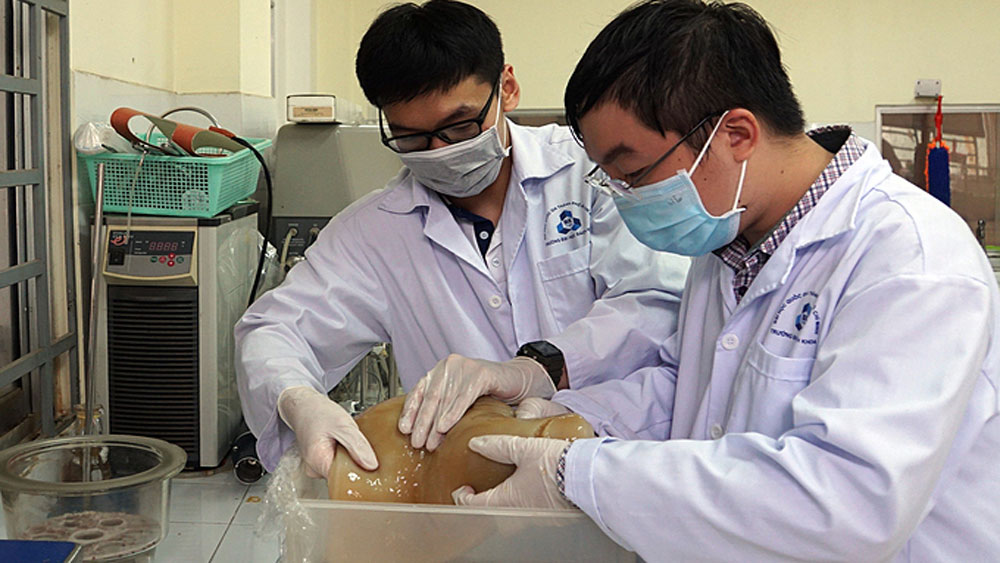 |
|
Members of the Biomass Lab check on the CNC layer created by paper mill sludge. |
Assoc Prof Dr Nguyen Dinh Quan and nine of his students are in the final stages of commercializing the product, cellulose nanocrystals (CNC).
It is expected to have applications in a number of machinery operations such as plasma or flame cutting, laser cutting, shearing, forming and welding.
While working at a paper mill in HCMC's Thu Duc District last year Quan found that it discharged dozens of tons of paper sludge every day, a substance it could not recycle into paper.
It had to bear the cost of burying the waste whereas burning it in a furnace polluted the environment.
But he realized the sludge was a great source of cellulose when pretreated and had the complex organic polymers lignin already removed. Cellulose paper sludge is easily hydrolyzed with dilute acid. In the same environment, the hydrolyzed sugar product is converted back to bacterial cellulose by the acetobacter xilynum bacterium.
Cellulose bacteria are quite pure and form thick films that float on top of the mixture. This membrane is easy to harvest and can be used in many fields after treatment.
If it is mixed with paper again, the solution can be turned into materials that closely imitate leather and wood.
CNC obtained through the above process is eight and 16 times more durable than kevlar and steel.
"The cost is negligible," Quan said.
The project has won a number of local awards, including Tech Planter Vietnam.
But winning the Tech Planter Asia award came as a bit of a surprise to the group considering the 12 teams in the final round were selected from hundreds of hugely talented universities and startups whose works are published in the world's most prestigious publications.
For instance, a project by the Naturel Kiss team from the Universiti Teknologi Malaysia and Roselle cosmetic pharmaceutical project raised $1 million.
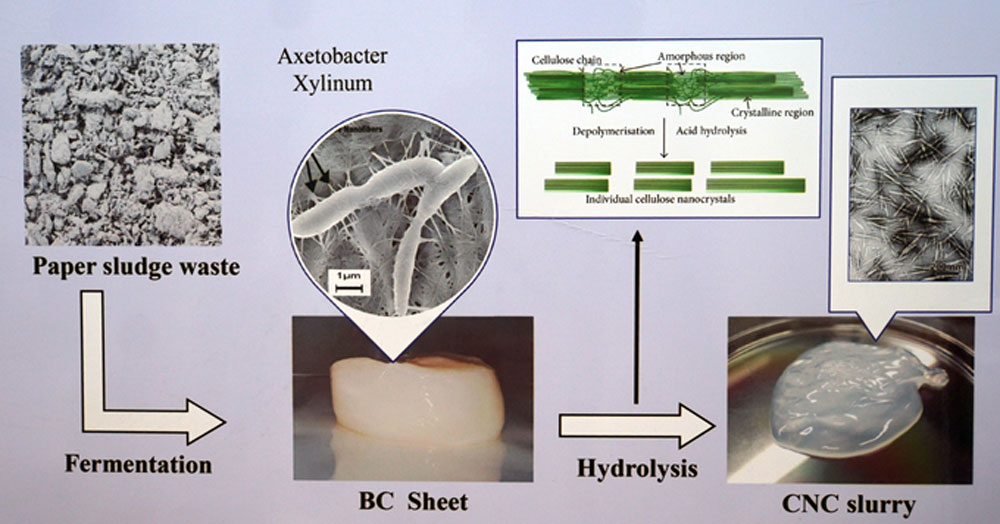 |
|
A brief look at how the CNC layer is created. |
The CytoMed Therapeutics Pte., Ltd. team from Singapore led by Prof Peter Choo, who studied and worked with the Nobel Prize-winning Professor Shinya Yamanaka of Japan on stem cells, has produced stem-cell technology that can destroy cancer cells.
Quan said: "Ours was a simple technology and we participated in the event just to learn. Our group was bursting with joy after the organizers announced our project and two others shared first place."
Student group leader Nguyen Long Hoang said the biggest challenge was carrying out research amid the Covid-19 outbreak.
Tech Planter Asia is organized by Japanese NGO Leave a Nest and attracts researchers studying robotics, artificial intelligence, biotechnology, and other cutting-edge technologies.
Source: VnExpress
 Bắc giang
Bắc giang





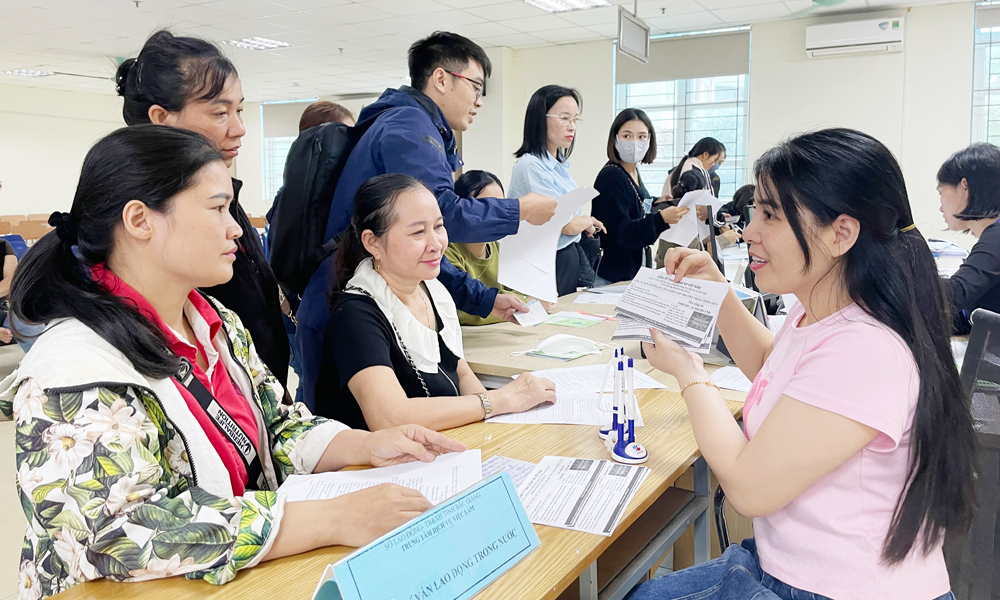

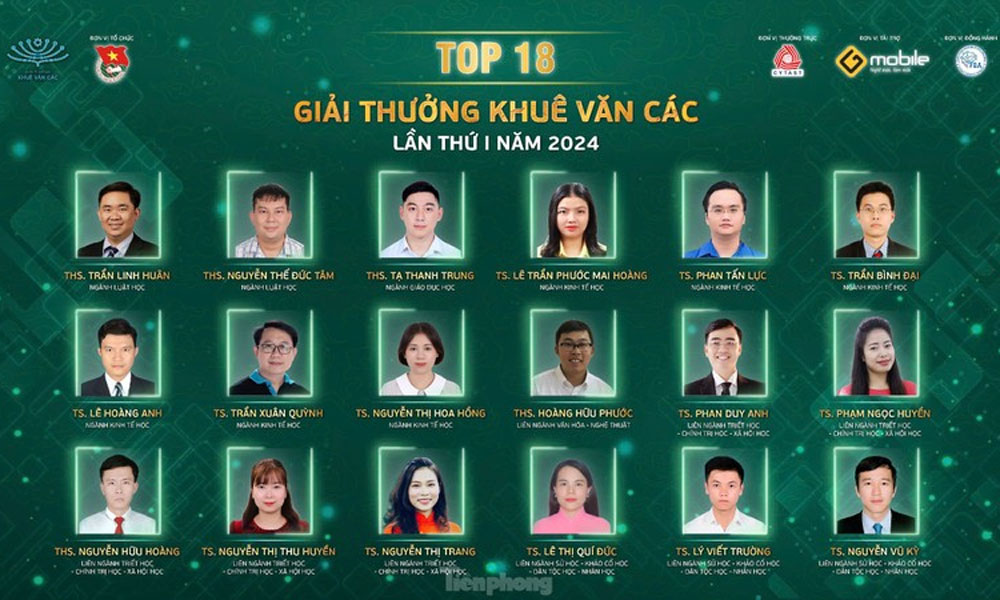

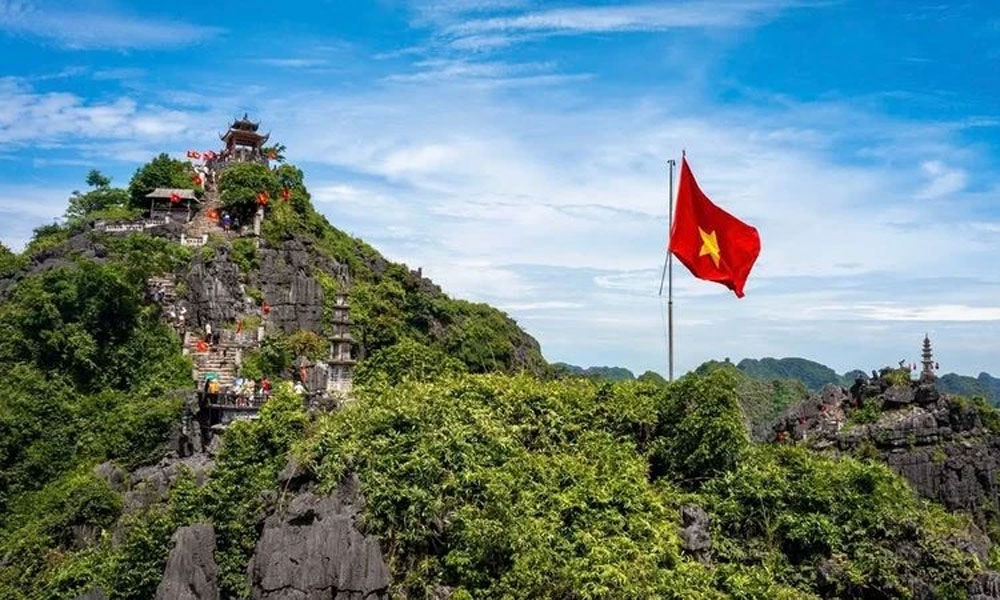


Reader's comments (0)